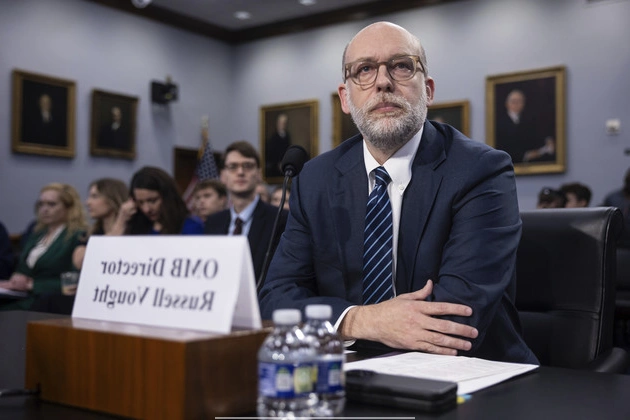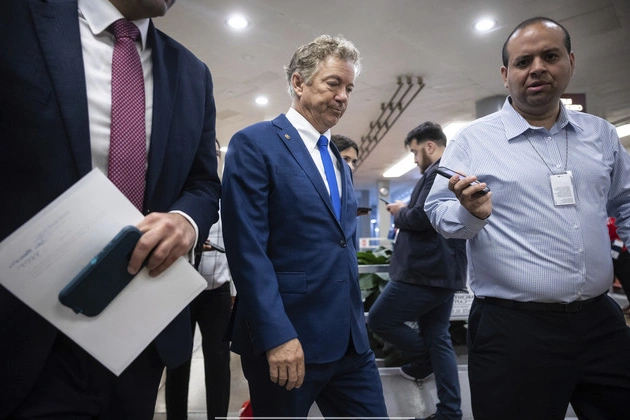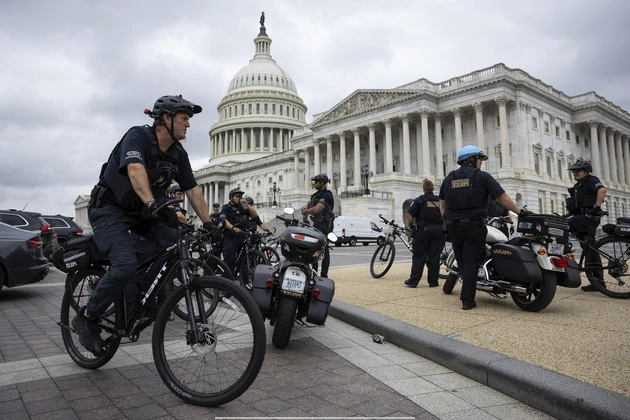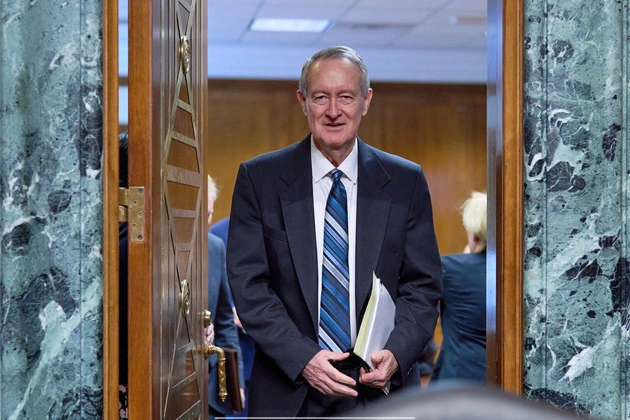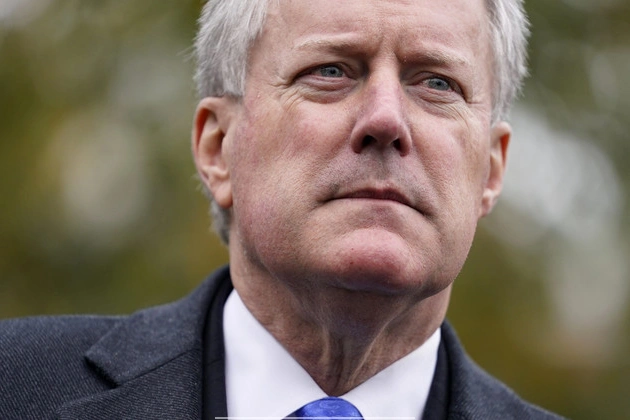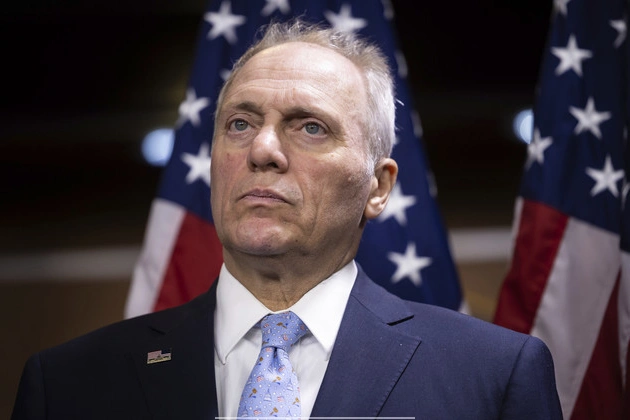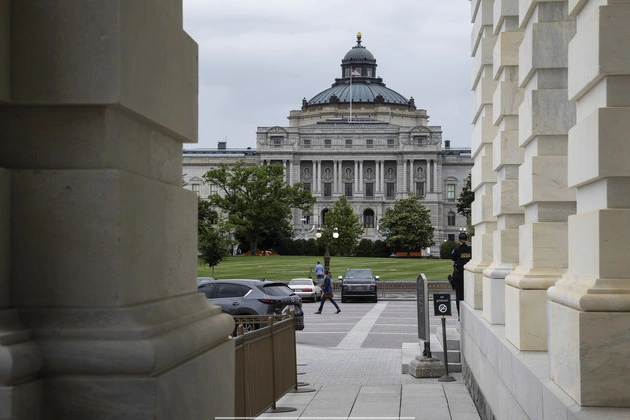
The Library of Congress in Political Turmoil
The Library of Congress, a bastion of knowledge and history, has become the battleground for a constitutional clash between the Trump administration and congressional leaders. What started as a routine change in leadership has escalated into a full-blown power struggle that raises fundamental questions about the separation of powers.
Trump’s Attempted Takeover
President Trump’s recent move to seize control of the Library of Congress has met staunch opposition from key congressional figures. While the President has the authority to remove the Librarian of Congress, questions linger about his ability to appoint a successor without congressional approval.
Congressional Pushback
Speaker Mike Johnson and Senate Majority Leader John Thune have pushed back against Trump’s attempts to install his preferred candidate, Deputy Attorney General Todd Blanche, as the new head of the library. Their resistance has left Blanche in a state of uncertainty, highlighting the delicate balance of power between the executive and legislative branches.
Constitutional Implications
The dispute over the Library of Congress’s leadership is not just a bureaucratic squabble—it’s a test of constitutional principles. Lawmakers on Capitol Hill are grappling with how much control the President should have over an institution that serves as a vital resource for Congress and the nation at large.
Looking Ahead
As the standoff continues, the fate of the Library of Congress hangs in the balance. Will Trump’s chosen leader assume control, or will congressional leaders assert their authority to protect the institution’s independence? The outcome of this power struggle will have far-reaching implications for the delicate balance of powers enshrined in the Constitution.






